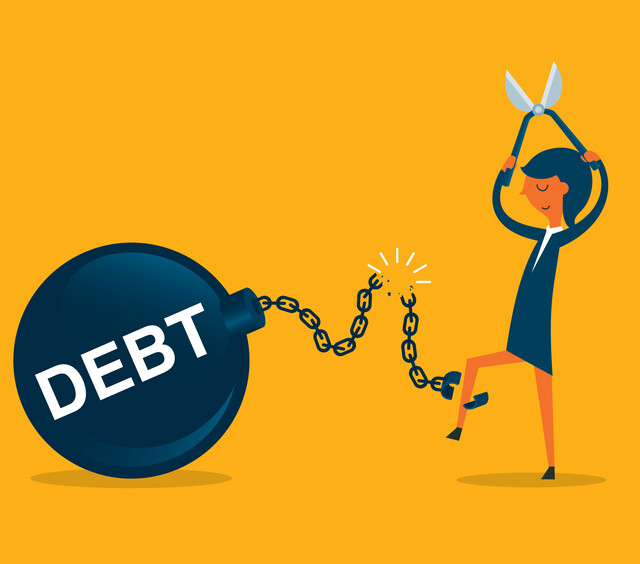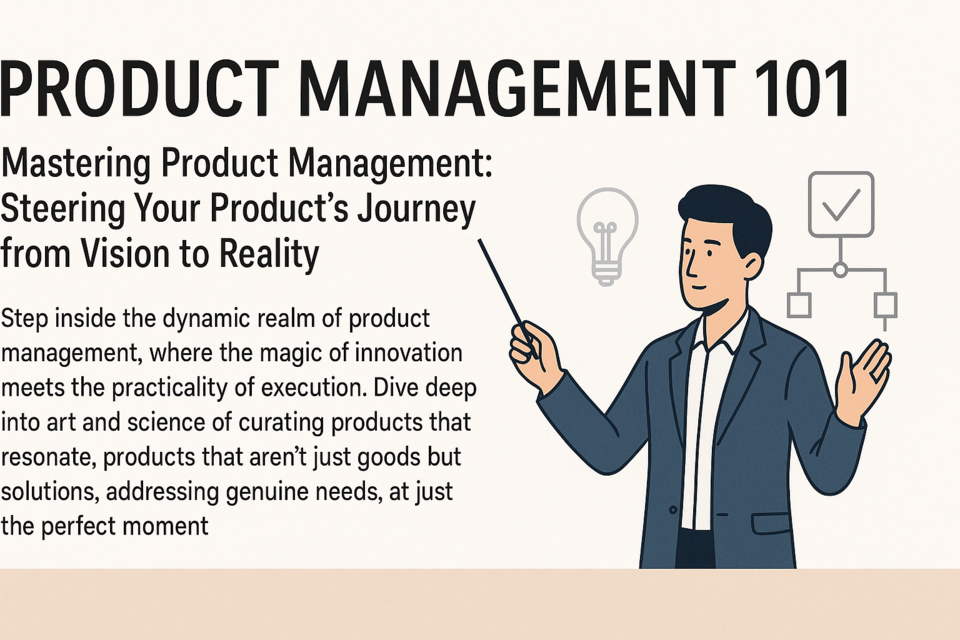|
Having the skill to budget is a skill that will give the people suffering from debt spirals the ability to take their life into their control, and begin to live their lives with a sense of manageability. Oddly enough, despite how amazing the budget is and how much it can help someone who is looking to repair their credit, very few people use it. Instead, they simply go about their lives buying what they wish without thinking about the long-term consequences. |
A good example of how people will often not think about the consequences of their actions with money without a budget, is a man or woman who buys a latte every day of the week.
This person will go to the coffee shop every day, and buy a $4.50 latte, Monday to Sunday. They do not see this as a major purchase, because individually it is so small, and without a budget they will not see how it adds up, which is as follows:
One Week: $4.50 x 7 = $31.50
One Month: $31.50 x 4 = $126
One Year: $4.50 x 365 = $1,642.50
Those individual purchases of one latte a day, amount to an amazing $1,642.50. This person does not realize how much he or she spends because they have not catalogued their expenses in a budget, and they do not realize that by simply stopping the buying of a latte everyday, they will end up with $1,642.50 per year to pay off debt.
| Making a Budget |
When someone is putting together a budget, the first thing they need to do is establish a savings goal. By establishing a goal for what they want to save, they will be able to create the budget. If someone wants to save $400 per month, which amounts to $3,600 per year, then they can structure their budget to be able to save that.
In terms of credit repair and lowering debt, they can budget to save $5,000 per year to pay off debts.
For example, if someone has $15,000 they want to pay off on their line of credit to help their credit rating in the next two years, they can put away $625 towards the debt every single month. Having this goal gives them a light at the end of the tunnel and something to work for.
The second thing that needs to be done with a budget, is that spending needs to be tracked. This needs to be done about a month before the person actually creates the budget, and that person needs to spend as they normally would. The reason for this is that the expenses on the budget need to be accurate, and expenses are the things that will vary the most on a budget. They are not set like income. Everything should be included, from the newspaper a person buys in the morning, to the bag of chips bought at the movie theatre. By having accurate statistics on what the person spends their money on, they will be able to create a proper report of expenses on the budget.
The third step in creating a budget is to cut wherever is possible. The person creating the budget needs to be able to trim all expenses as best as possible. For example, the man or woman who spends $4.50 a day on lattes, can easily trim that so they only buy two lattes a week. Doing that can trim the budget quite a bit, and free up a lot of money for savings.
| Things That Can Ruin a Good Budget |
- Gift-giving is something people do with the best intentions, but around the holiday season it can make it very hard not to overspend and wipe the budget completely out. People will fall into emotional spending around the holiday season, and birthdays, and not even think about their budget.
- Failing to create an emergency fund with a budget is the recipe for disaster. This is because emergencies will happen, like the car's transmission needing to be replaced. Without an emergency fund, the budget can be compromised as a result, and that can lead to further problems down the road with the budget.
- The last thing that can severely affect a budget, is if someone ends up budgeting too well. If they have a budget that is very restrictive, with no room for movement, then the person with the budget is going to want to break loose and do some impulse spending. This is standard human nature, so when a budget is created, the person who is trying to stick to it needs to give enough breathing room for small indulgences.
| What About Slip-Ups? |
Staying on track after an individual has learned to be credit aware, is like an alcoholic who now has to make sure they do not fall off the wagon and end up going back to square one. Like those who go on a diet, when someone makes it to their ideal credit score (or weight), they immediately go about buying things and getting into the same situation that they were in before. As a result, they end up falling down again, and this time, climbing back up is that much harder.
-
The first tip to keep on track with your credit repair is to not buy things you cannot afford. It is simple, it is true, and it comes down to not spending money you don't need to. If you don't have the money on you, then you don't buy it.
-
Make a list of all your debts, including your student loans, credit card debts, mortgage, and more so you can track them. Recording things like payments, interest rates and the balances will allow the individual who is trying to reduce their debt to closely monitor it.
Want to learn more? Take an online course in Understanding and Managing Your Personal Credit. -
Like one does with their budget, it is important to track everything that is spent on credit. It is important to monitor this because monitoring it will allow the individual to know where they are deviating, and where they need to cut back.
-
Scale back on wasteful purchases, or eliminate them altogether. This is important because too many people will buy something they think they need, only to have it sit in the closet for months on end, because they forgot about it, or became bored with it.
-
For someone who wants to save money and eliminate debt, they need to focus on eating at home, and packing a lunch to work. It is much easier to save money when someone makes their dinner and their lunch, instead of buying it. A typical lunch can cost $10 a day, five days a week, which is $50, multiply that by 52 weeks and it comes to $2,600 for lunch. That is not even considering the dinners. Not to mention, most people use their credit card when buying dinner and lunch, instead of cash. One good solution is to plant a garden. Planting a garden will allow the individual to buy $1.99 worth of seeds, but get $100 worth of food out of it.
-
Having a smaller place is important when someone is hoping to manage their debt, and stay on track. What is the point of eliminating debt in one's life if you are going to have a $3,000 mortgage payment on a huge house? In the 1940s, the average house size was 800 square feet; in 1975, it was 1,000 square feet; today, it is 1,800 square feet. That is a huge increase. Taking a cheaper mortgage or rent will lower the debt-to-income ratio, which can then help an individual better manage their own debt.
-
It is important that when a person is trying to get to get out of debt, they make sure their friends and family know what they are doing, and how they are changing their spending habits. This is done for two main reasons:
-
Friends and family can help an individual stay on track with their purchases, and keep them from spending too much. It is always nice to have this kind of support when someone is going through the difficult time of eliminating debt, and staying on track.
-
If the debtor's friends spend a lot of money, they may need to find a different crowd to hang around with. Like a kid who wants to get out of doing bad things, they need to stop hanging around with bad people. If you go out with people who spend $100 a night on food, you will too.
-
| Can It Be Done? |
|
Many wonder if it can actually be done, being debt free, and the truth is that it can. All it takes is an effort to want to succeed by the individual who is dealing with the problems of credit and debt. There are many things that can be done when an individual wants to stay on track with their credit, after they have made their way out of the forest and into the open field of financial security, but it is not easy. Those who preach how you can be rich and happy with only 10 easy steps, are only trying to get rich themselves.
It is important to be able to handle your debt and your credit on your own, with your own willpower and strength. That is what will set you apart.
|
When someone is in debt, and they are trying to repair their debt, one of their best friends in the process is the credit report.
The credit report is very important because it will give an individual the ability to see exactly what their credit history looks like. There, they can see the errors, the problems, the good points, and even their FICO score, to help them assess whether they will get their loan or not.
| How Often to Check? |
Your credit report is very important for someone to understand and repair their credit. With an up-to-date credit report, you will be able to see exactly where the improvements, or where fixes are needed.
Typically, when someone is beginning to repair their credit, they should actually check it about every six months. Checking every six months will give them the ability to see, almost in real-time, as their credit begins to improve.
| Who Provides Them? |
Your credit report is a detailed list of your entire credit history for the past few years and it contains a great deal of information that can be very sensitive and personal. If it gets into the wrong hands, someone can suffer from identity theft, and that is a serious problem for many people.
Therefore, it is important that when anyone decides to get a credit report printed up, they need to ensure that they get it from a reputable company who specializes in credit histories and is not going to attempt to steal the information on the report.
The companies to get your credit report from are Equifax, Experian and TransUnion. These companies have a long history of providing credit reports that are accurate and safe.
TransUnion is a credit bureau that offers credit-related information to creditors, as well as credit reports to consumers directly. Begun in 1968 as Union Tank Car Company, they purchased the Credit Bureau of Cook County in 1969, and began buying more and more credit bureaus as the years when by. Today, they are based out of Chicago, with 250 offices in the United States and around the world.
When there is a dispute with something that is on a credit report from TransUnion, the credit bureau will investigate it as they are required to do through the Fair Credit Reporting Act. Disputes with items on credit reports can be filed online, through the mail, or through the telephone.
Equifax is the big one that people go through for their credit reports. Founded in 1899, it gathers and maintains information on over 400 million credit holders around the world. The company is currently based out of Atlanta, with 7,000 employees in 14 countries.
After its founding in 1899 as the Retail Credit Company, it continued to set up offices through out the United States and Canada, and by the 1960s it was one of the largest credit bureaus in the entire country. Due to some of the practices of the company of collecting negative personal details about individuals in their files during the 1960s and 1970s, the United States Congress created the Fair U.S. Credit Reporting Act to give consumers rights to the information that is stored about them in corporate databanks. Since then, Equifax has improved its image and its relationship with customers immensely.
Currently, Equifax offers products to help people monitor their credit history, and even alerts consumers of the possibility that they are the victim of credit fraud or identity theft. By law, Equifax is required to provide U.S. citizens with one free credit file disclosure every 12 months and it can be found at Annualcreditreport.com
Equifax also offers Equifax Credit Watch which provides complete credit monitoring for consumers and allows them to log into the Credit Watch website to see what is going on with their credit in real-time.
| How Many Use Credit Reports? |
Surprisingly, very few people actually check their credit history, even though they can. The percentages vary, but usually it is less than half, and sometimes less than one-quarter, of people in the United States who know their credit history, and know their credit report.
| Advantages of Credit Reports |
There are several advantages of credit reports, but by far the best is preventing you from being turned down for credit.
For example, if someone has a credit score of 550, they are unlikely to get credit. Now, let's say that person decides they want a new car, so they go out to get that car and the car loan. The first dealership they go to declines them, so they go to another, and another, and another, and by the end of the week, they have hit seven dealerships who have all declined this person. Finally, the person decides there is no way that they can get a car yet, and they go about repairing their credit.
| How could have this all been averted? |























